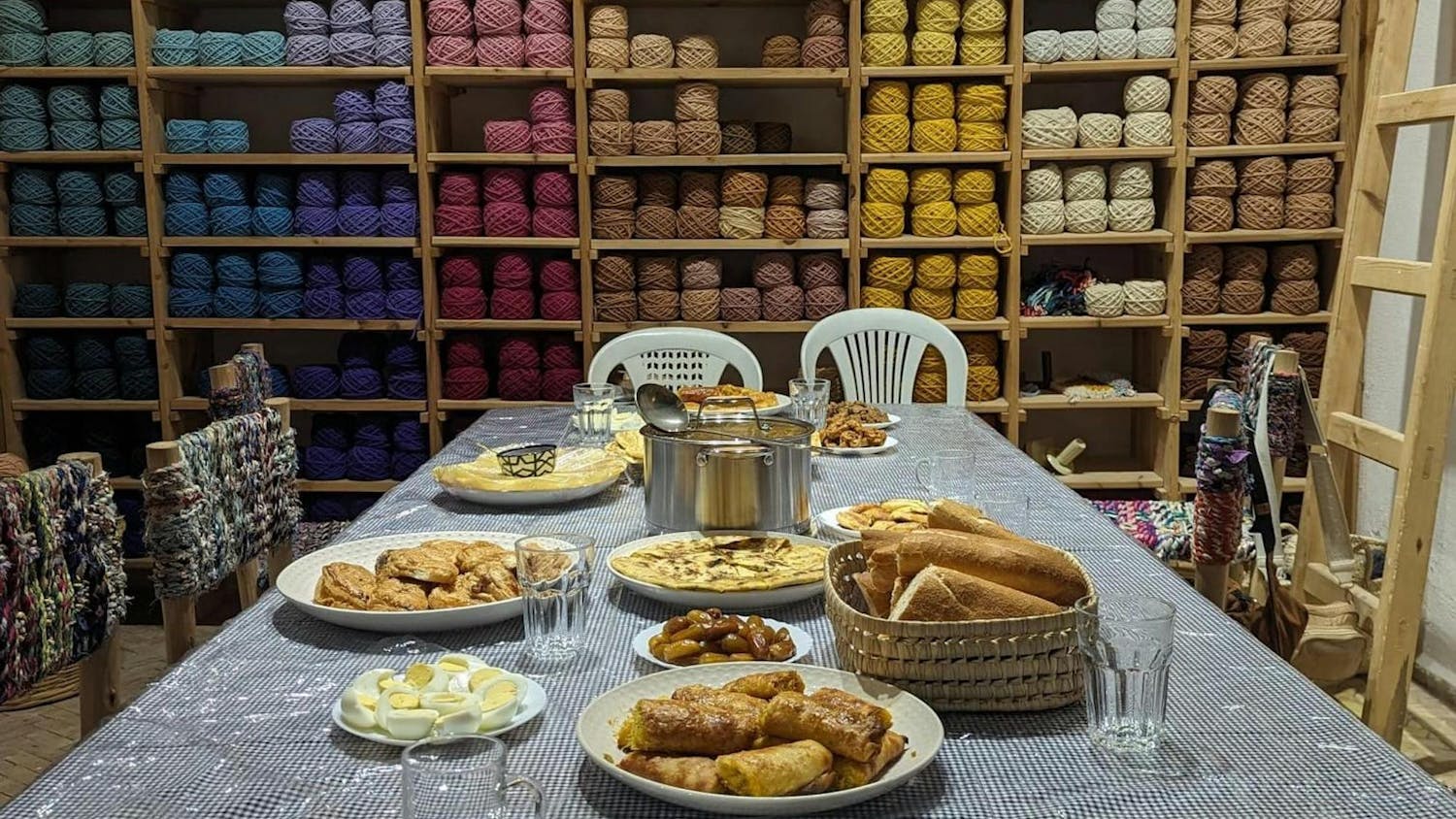Because I continuously guilt myself into being a good Catholic, I actually did give something up for Lent this year. And, well, it’s the same thing I’ve given up every year since entering college: social media. Now, before you groan and close the window in which you're reading this, let me just make one thing clear: this isn’t a diatribe against social media. I’m not a 22-year-old with the complaints of your average grandmother. I don’t think social media is ruining The Youth for good, I don’t think it’s preventing anyone from communicating, I don’t think it’s turning anyone into a zombie, and I certainly don’t believe myself to be above it — I love Instagramming my dog just as much as the next gal.
What I do think it is, however, is a contrived fantasy, an opinion that I know others share. Two weeks ago, I wrote about how marketers sell an image or narrative to customers rather than a hard product. Social media functions in a similar way, in that it sells a service in which each of us constructs the most perfect, desirable versions of ourselves — not only for consumption by others, but also for our own sake.
Think about how we perfectly curate ourselves when we present our lives on Facebook, Instagram, Tumblr, whatever else the kids are into now. While some people are definitely no-filter over-sharers (who belong primarily in the declining talk soup that is Twitter), most people choose ever so carefully what they put on their social media accounts. Instagram in particular is kind of shocking to me amongst teen users; some kids I know only a few years younger than me will only post pictures at a certain time of day, deleting if the photo gets less than 100 likes and leaving coded compliments on friend’s pictures.
The result is a scripted and definitely premeditated fantasy of how we wish our lives looked like, compartmentalized into chapters and features, check-ins and albums. But everyone knows that our image is never that simple, that there is much more going on under the surface than we are all willing to let on. And yet, even though we’re all self-aware enough to know this, why do we keep doing it? Why do we find pleasure in presenting a very specific narrative of our lives to a selected public? I know why I do – because I believe in "fake it 'till you make it." Maybe if I present my ultra-organized and positive image enough, I’ll start believing it myself (although believe me, at 22, my inner life is anything but ultra-organized and positive).
But even then I get tired of the script, of the story that’s not really true, which is why I have always enjoyed putting away social media for a few months of every year. A lot of people think Lent is about punishment and sacrifice, but it’s not – it’s about renewal and perspective. So just once a year, I like to step away and re-evaluate the image I’m putting out and really think, who’s writing my story? Is it me, or am I letting this narrative write me?
More from The Tufts Daily





